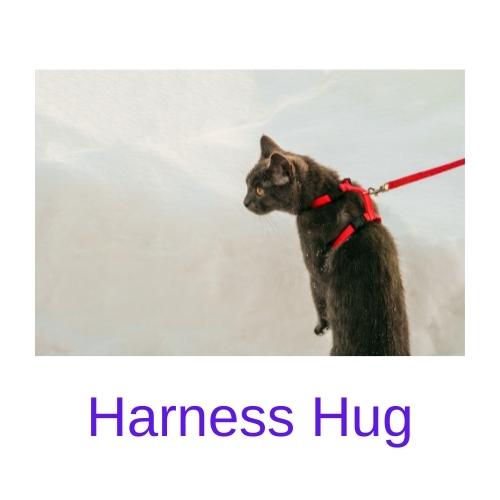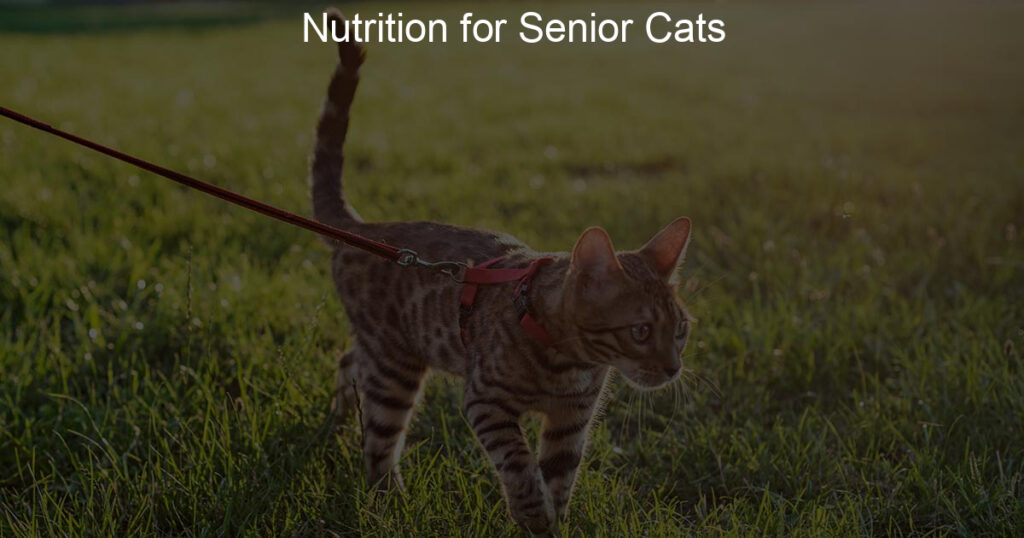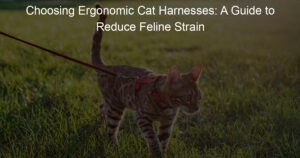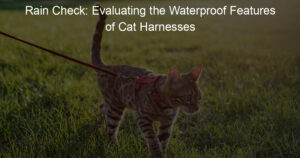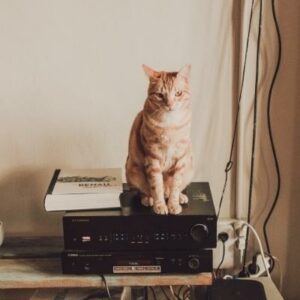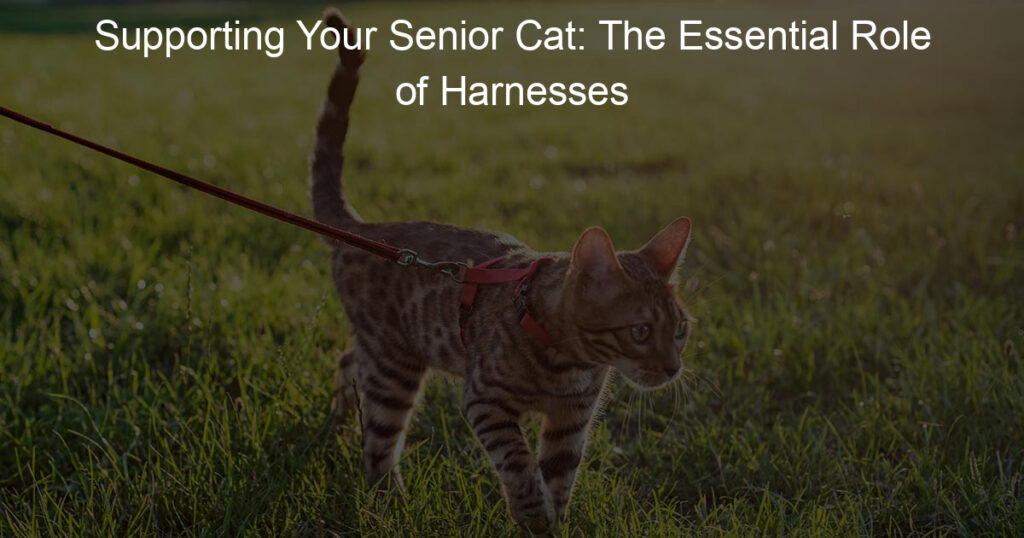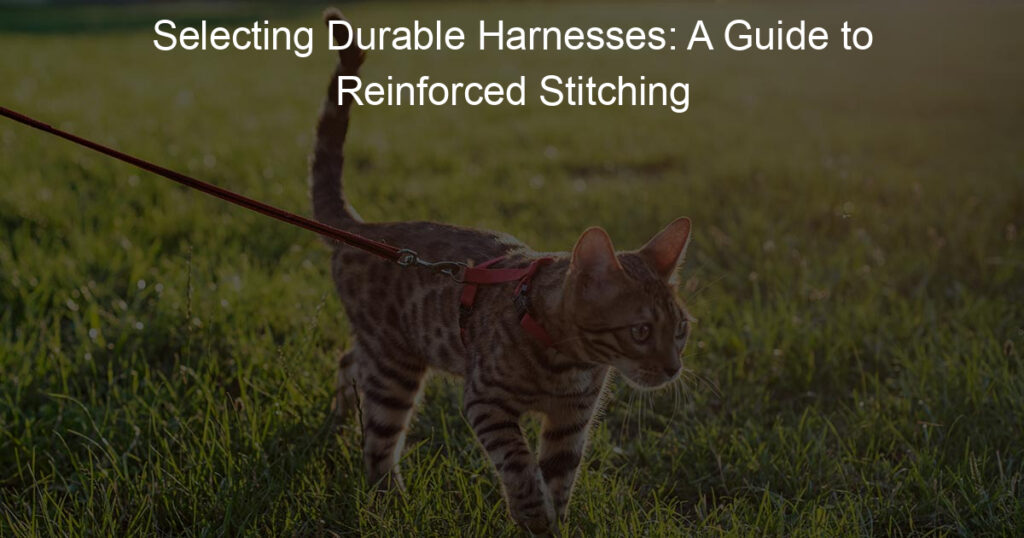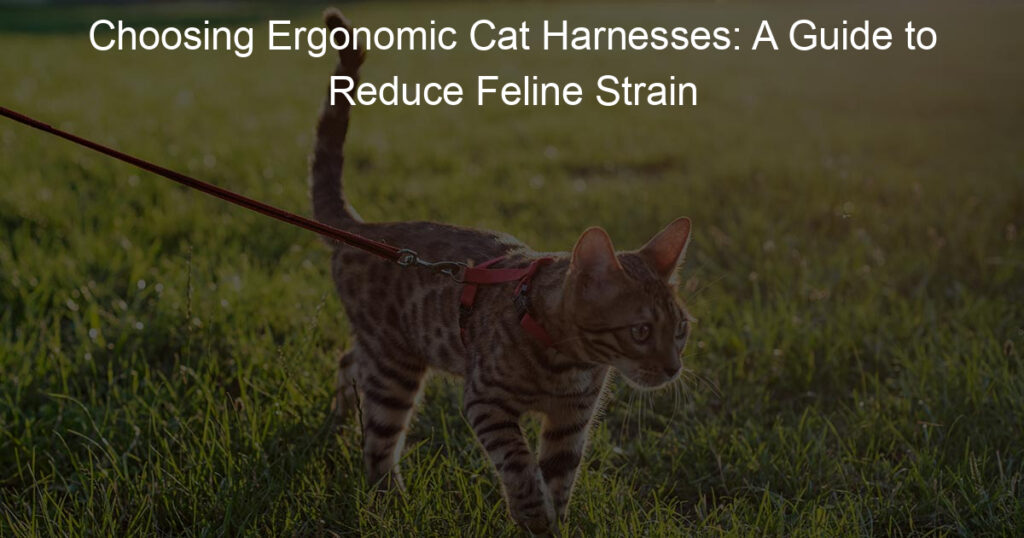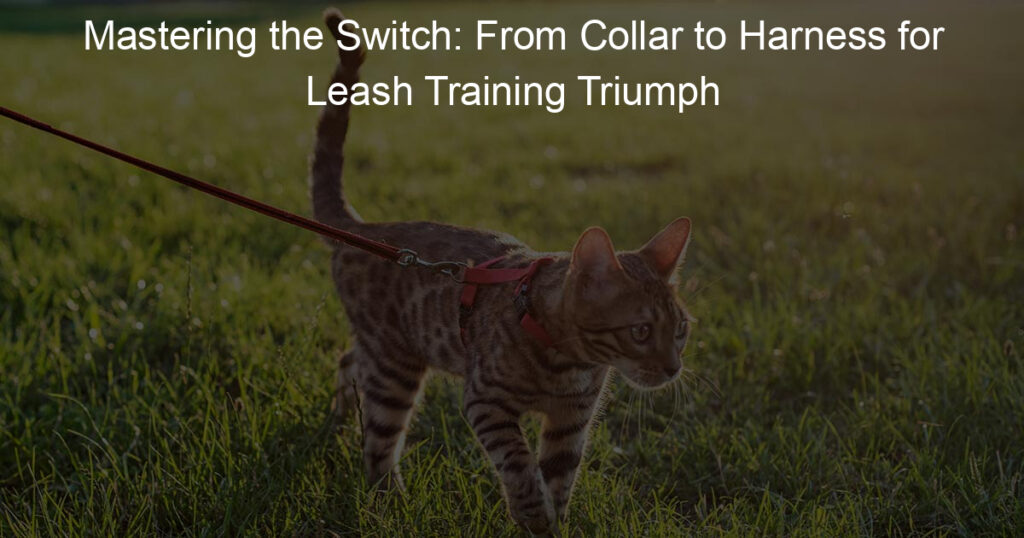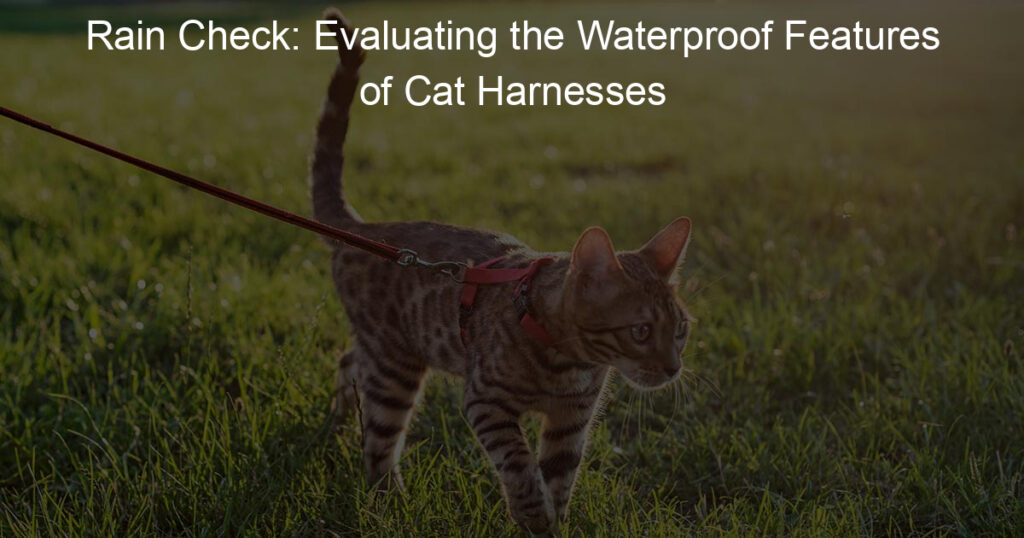As cats age, it’s important to pay extra attention to their nutrition needs. Senior cats often have different nutritional demands than younger cats, as they may need fewer calories and more specific nutrients like taurine.
With the right diet, senior cats can enjoy a good quality of life well into their later years – something that every cat pet lover wants for their furry companion! So if you are looking for advice on maintaining your senior cat’s health with proper nutrition, then this blog is for you!
Read on to find out how to give your senior feline friend the nourishment it needs.
What can you give an older cat to eat?
When it comes to feeding an older cats, the main thing to consider is providing them with food that supports their age-related health needs. Older cats usually require additional sources of digestion-friendly proteins and vitamins, so it’s safest to opt for a formula designed specifically for senior cats.
Most of these formulas are filled with natural ingredients such as chicken, salmon, fish, whole eggs, and vegetables that can provide the balanced nutrition they need. It’s also important to watch their weight closely; since a cat’s metabolism naturally slows down with age, look out for possible signs of obesity and discuss appropriate portion sizes with your vet.
Furthermore, water should be available at all times as dehydration can become an issue. With a good balance of quality wet or dry food tailored to meet the specific demands of an aging cat’s body – you can help ensure a comfortable and pain-free senior life for your beloved pet.
What can I feed my senior cat to gain weight?
Weight loss in senior cats is a common issue and can be caused by several factors, such as age-related changes in metabolism, an underlying health condition, or even dental issues that make eating painful. Fortunately, there are dietary steps you can take to help your elderly furball get back its ideal body weight.
Senior cats require more calories due to lower activity levels and slower metabolism rates, so some high-quality senior cat foods that contain enough calories for your feline friend but are not overwhelming in the protein department will do wonders for achieving weight gain goals.
It’s also helpful to moisten the food by adding water if your cat doesn’t seem interested in dry food on its own. A wet diet is generally easier for cats to digest as they age and should get them back to maximum energy in no time!
Do senior cats need supplements?
Aging cats require higher levels of care from their owners to ensure they live a happy and comfortable life. This includes providing nutrients and supplementation that cats may not get through a regular diet or may need at higher levels due to age.
Senior cats can benefit from supplements, as these additives can help seniors with mobility, energy, and overall well-being. Make sure to consult your veterinarian before giving supplements to your senior cat, as many commercial pet vitamins are meant for younger cats and may not have the correct nutrients for seniors.
Adding supplements that are tailored toward older cats can make a huge difference in the mental and physical health of elderly felines.
How can I keep my senior cat healthy?
Keeping your senior cat healthy is an important part of being a responsible pet owner. It is essential to pay close attention to your aging cat’s behavior, dietary needs, and other factors like hydration and grooming habits.
Regular vet checkups should be continued even into the senior stage of your cat’s life. Establishing a good diet for your cat is paramount; wet food is especially recommended as it aids in joint mobility and digestion due to its higher water content. Exercise should also remain an important part of daily life for cats; this helps keep them active, and agile and also facilitates their mental health.
Lastly, providing a supportive environment plays a big role in maintaining their physical health; ensuring that they have places to nap comfortably, plenty of stimulating toys and activities available throughout the day, and lots of quality bonding time with their human companions.
Do senior cats need more protein?
Senior cats are just as special to us as our younger adult fur babies, and with their advancing years come some special dietary needs. One of the main things that aging cats need is an increased protein intake.
More protein helps to keep energy levels up and provides essential amino acids for muscle maintenance. Of course, it’s best to talk to your vet about the specific kind of protein that would be fitting for your senior cat’s diet, since different cats have different requirements.
As our pets age, it’s important that we do everything in our power to ensure their health and happiness. Whatever the age, cats make wonderful companions, especially when they’re feeling their best!
It’s A Wrap
It is important to keep in mind that cats, like humans, need nutrition their entire life. Their dietary needs can change over time but they still require the same balance of nutrients such as proteins, fats, carbohydrates, minerals, and vitamins.
Senior cats may need more protein than young cats in order to prevent muscle loss due to aging and maintain optimal health. By providing your senior cat with a suitable diet tailored to their personal needs and paying extra attention to nutritional deficiencies, you are ensuring your furry companion has the best quality of life for as long as possible.
Be sure to discuss any changes you make with their vet before doing so and check in with them regularly for other advice on how best you can take care of a senior pet. Overall, being proactive about your senior cat’s nutrition will not only keep them healthy but also help add years to their life!
